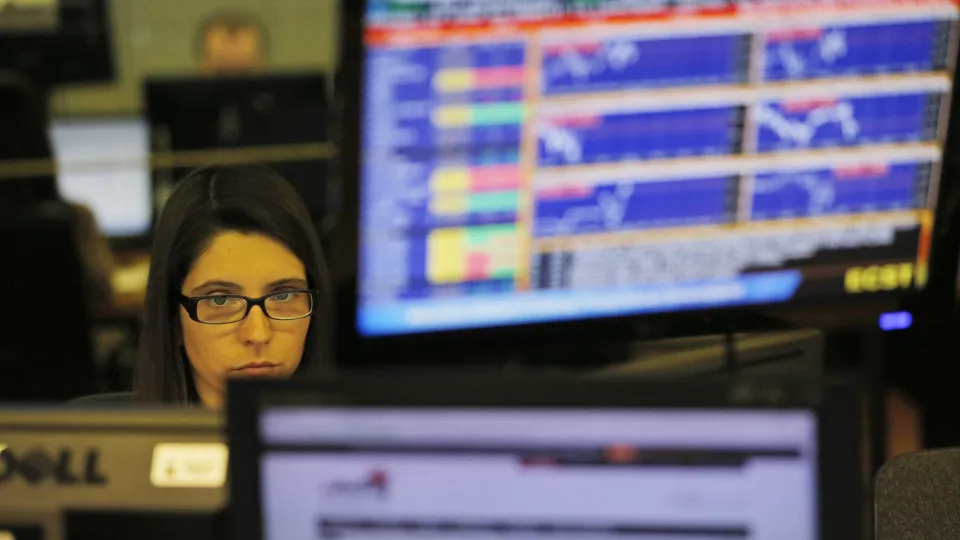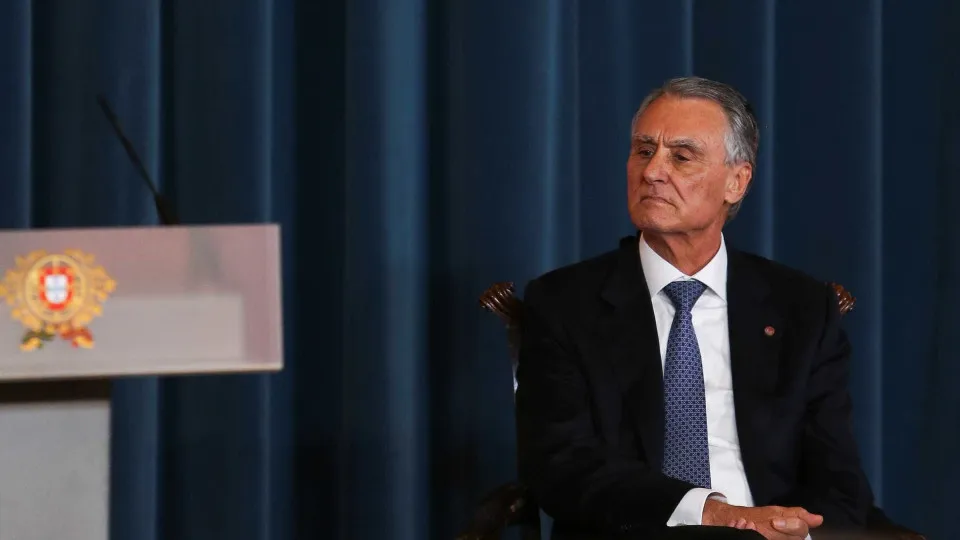
At around 09:05 in Lisbon, the EuroStoxx 600 rose by 0.02% to 568.03 points.
The stock exchanges in London and Madrid were down by 0.25% and 0.48%, respectively, while those in Paris, Frankfurt, and Milan recorded gains of 0.10%, 0.14%, and 0.35%.
Lisbon’s exchange continued the opening trend with the main index, the PSI, falling 1.20% to 8,276.24 points, against a new high since January 2010 of 8,484.01 points on November 5.
European markets are reflecting ongoing corporate earnings reports, including those of IAG, which, with a drop of about 8%, dragged down the Spanish stock exchange.
The fear of a bubble in the Artificial Intelligence (AI) sector led to declines in Asian stocks.
Tokyo’s main index, the Nikkei, dropped by 1.19%, while Shanghai’s benchmark index fell by 0.25%, Shenzhen lost 0.36%, and Hong Kong’s Hang Seng decreased by 0.92%.
Wall Street also closed in the red on Thursday, impacted by declining shares of major tech companies such as Microsoft, which lost 1.98%, Amazon, which fell 2.86%, and Nvidia, which dropped 3.6%.
The Dow Jones ended Thursday down 0.84% to 46,912.30 points, from 47,706.37 points on October 28, marking a new high since its inception in 1896.
The Nasdaq, a high-tech index, concluded a 1.90% decline to 23,053.99 points, down from the all-time high of 23,958.47 points recorded on October 29.
Wall Street’s decline was also aided by announcements of layoffs in the United States, which soared to over 150,000 in October, the highest monthly figure since 2003, and nearly three times higher than in September, according to an employment consultancy report in the absence of official data.
The price of gold, historically considered a safe-haven asset in uncertain times, rose today with an ounce trading at $4,007.49, up from $3,986.30 on Thursday and the new all-time high of $4,347.86 on October 20.
Meanwhile, Brent crude, the European benchmark for January 2026 delivery, advanced to $64.06, compared to $63.38 on Thursday.
On Sunday, ministers from eight countries in the OPEC+ alliance, led by Saudi Arabia and Russia, decided to increase oil supply starting in December.
In the debt market, German 10-year bond yields rose to 2.674%, from 2.649% on Thursday, along with French yields to 3.466%, from 3.444% the previous day, with a peak of 3.600% on September 25.
The euro decreased to $1.1535 in the Frankfurt currency market, down from $1.1541 on Thursday and the new four-year high of $1.1865 on September 16.




